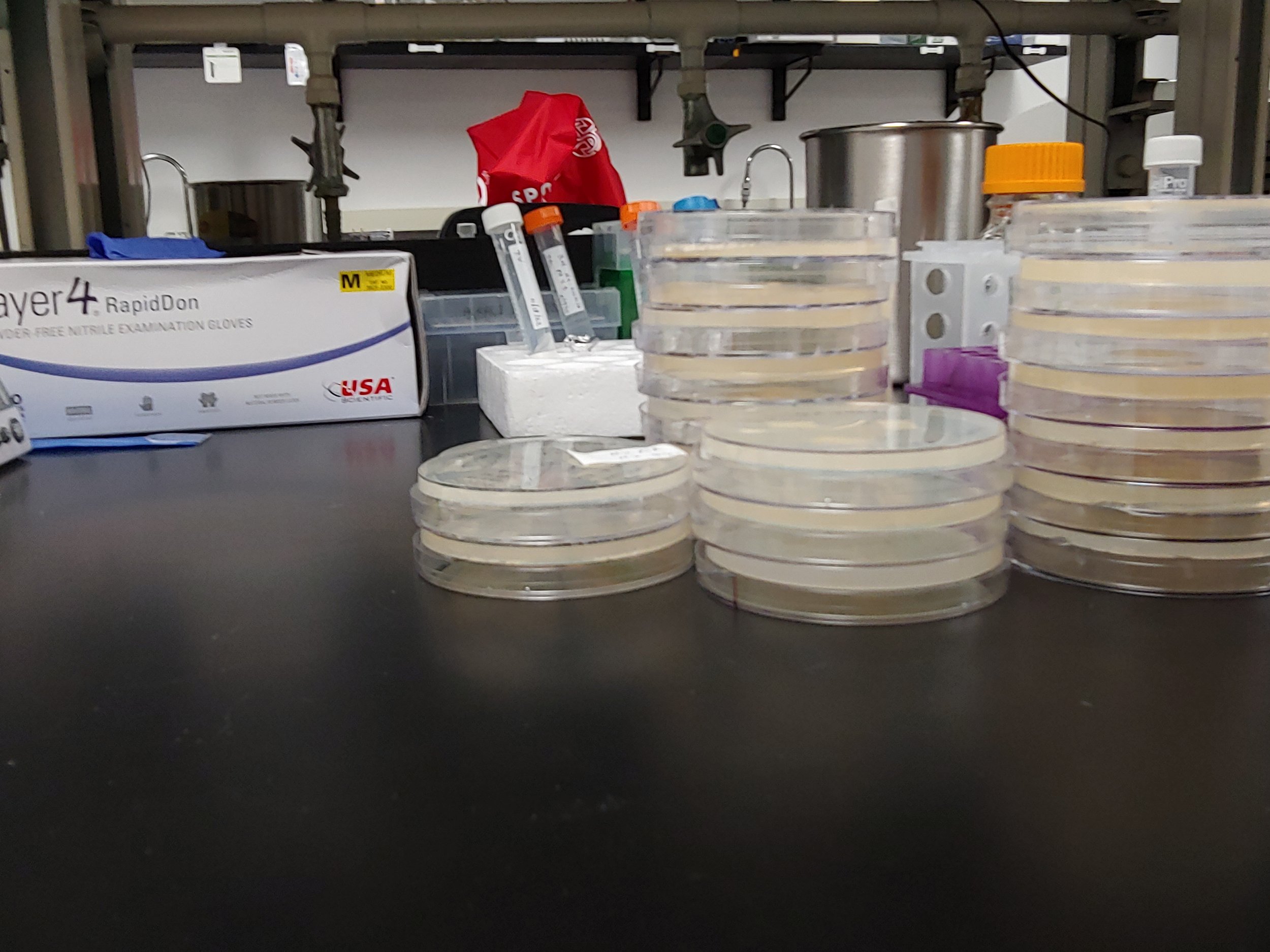
Our research mission
Epigenetics refers to chemical modifications that dictate how cells use the genetic information stored within our DNA. Changes to these modifications can determine how cells respond to developmental or environmental signals by affecting gene expression levels. Important problems that we are tackling include:
How do cells regulate epigenetics?
How do we build new systems to study epigenetic regulator proteins from human?
Epigenetic regulation by tRNA modifying proteins
In yeast, we recently discovered that an evolutionarily conserved protein called Elongator Protein 1 (Elp1) can influence gene expression by regulating an epigenetic state known as heterochromatin. We are investigating how it controls gene expression through heterochromatin and its other function, modifying tRNAs. We are using this Elp1 model to understand how cells maintain overall gene expression levels by integrating transcriptional and translational control.
Building bio-synthetic models to study human proteins
We traditionally use yeast to model epigenetic processes that could happen in higher eukaryotics such as human. This bypasses the need to work with complicated animal systems (ie. mice, cell lines). However, yeast has drawbacks including the fact that we are technically not directly looking at human factors. To combine the versatility of yeast and the biology of human, we are building new cell models to more directly go after conserved functions of human proteins.
Our program is made possible by generous funding from:
Michigan State University
National Science Foundation (NSF)
MSU+HFH Partnership


